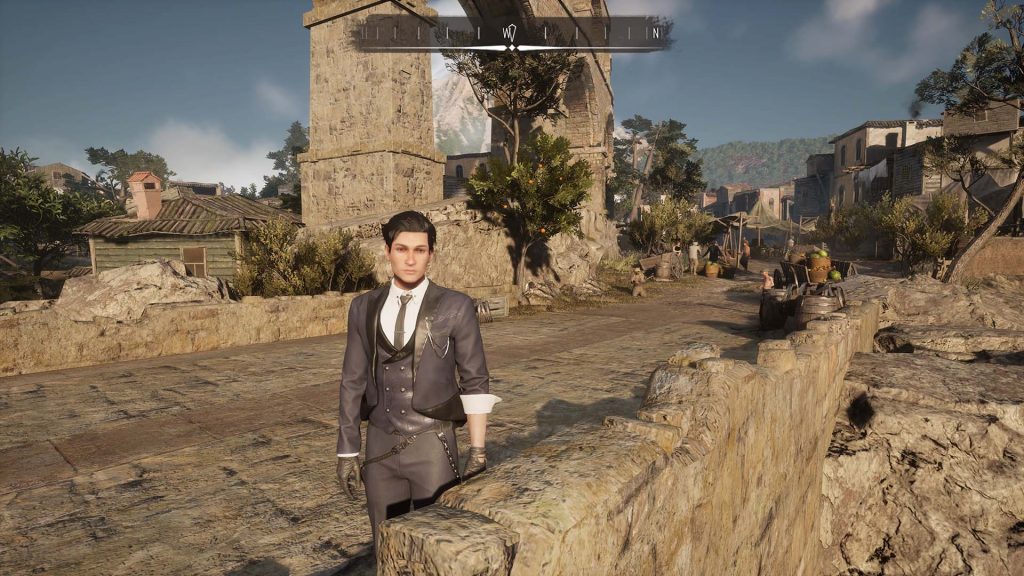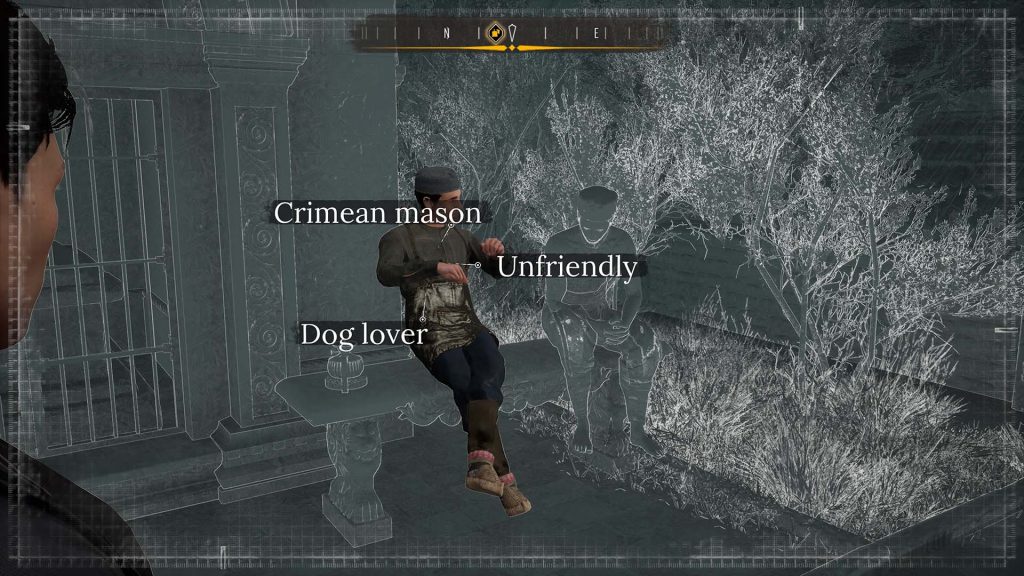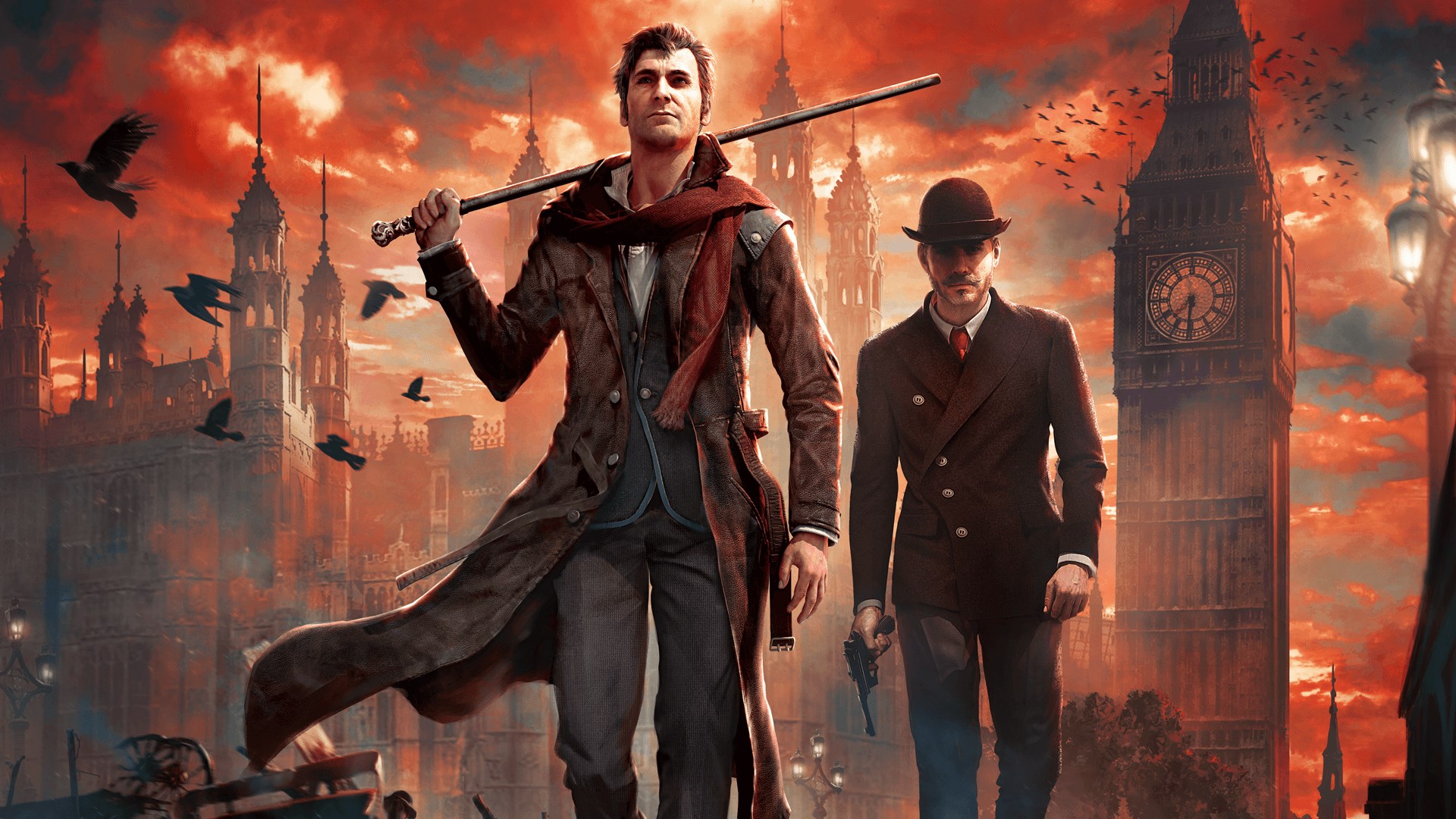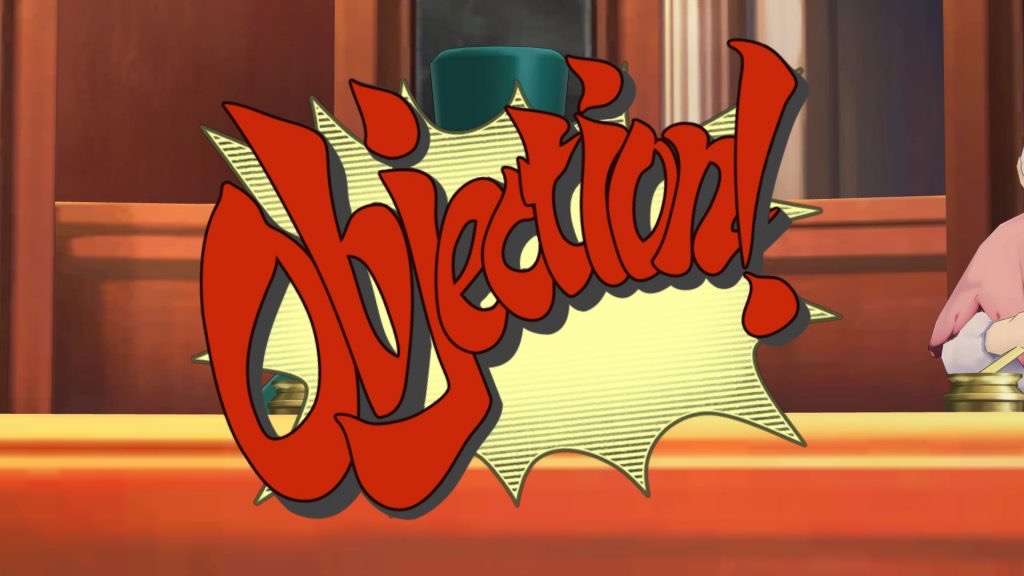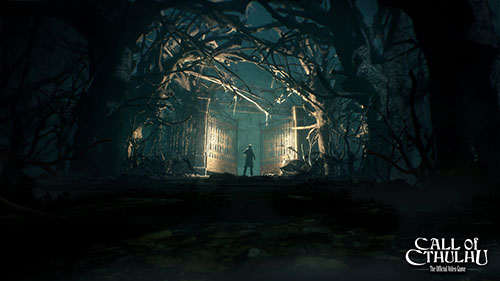
I have a great deal of affection for the Sherlock Holmes video game series, which under Frogwares is coming up on 20 years of steady game releases. While sometimes technically a bit wonky, the developer has quietly continued to truck along producing genuinely interesting original tales, faithfully following the characters and style from Arthur Conan Doyle’s original stories, while also spicing events up with their ideas. This is the series, after all, where Sherlock Holmes has not only canonically faced Jack the Ripper and rival literary thief Arsene Lupin, but also Cthulhu himself. Sherlock Holmes: Chapter One is the ninth game in the series for PC, PS5, PS4, Xbox Series X|S and Xbox One, and winds the clock back to the detective’s earliest adventures, with a new gameplay design that takes inspiration from the developer’s previous The Sinking City.
Like The Sinking City, Sherlock Holmes: Chapter One surprisingly brings an open-world to its adventure game detective formula, presenting Sherlock with the entire Mediterranean island of Cordona, his childhood home, to explore. What draws Sherlock to the island is a personal matter, visiting his mother’s grave, but he soon finds the Cordona is home to plenty of crime and murder for him to investigate, as well as the promise of darker secrets behind his mother’s passing.
As a precursor to the original novels, as well as Frogwares’ games, Sherlock at 21 is presented at the very beginning of his consulting detective career, but it doesn’t mean much for the narrative except as a window into flashbacks into his younger exploits as a child, and the constant presence of his closest friend and confidant, Jon. Jon, who is very much not the same individual as Dr. John Watson and has plenty mysteries of his own, brings some levity and humour to what feels like a cross between traditional Sherlock Holmes adventures and the younger escapes of the Hardy Boys.
There is a main questline, marked as ‘Sherlock’s Journey’ which you can follow throughout Chapter One, which will not only take you through Sherlock’s search for answers about his mother, but also several tangential cases that range from murder, to theft, to runaway elephants and even secret societies on the island. The way these are all integrated into Sherlock’s main quest is a little clunky – Sherlock has ‘mental blocks’ on several rooms of his childhood manor, which prevent him from entering and continuing the story unless he’s prompted to do so with a memory from a case he solves – but they offer plenty of variety and take Sherlock all across the varied landscape of Cordona, from the colonial city streets to Ottoman markets, Roman ruins and forests. Sometimes the cases have a clear ‘correct’ deduction, but often events are also left to your own personal interpretation of the facts, and moral judgement of the solution. You can choose to make sure the guilty receive their due punishment, but often there are other solutions that may hold greater benefits for both Sherlock and the victims, and the game avoids giving you a firm answer as to what is truly right.
Cordona itself is a pretty large map with several districts and plenty of Easter eggs, from streets named after Sherlock’s famous cases, Doctor Who references and even a cheeky jab at Keanu Reeves. You’ll have to travel across the city frequently to solve both the main cases and side cases you pick up just by exploring, which include both conventional crimes and more adventurous affairs like solving riddles to find pirate treasure.
Sherlock has several means to investigate each case, but unfortunately they often don’t come together in helpful ways. Naturally, you can collect evidence and facts, but they get messily lumped in the one case file, along with objectives and extra challenges from Jon. There’s a special ‘concentration’ mode you can enter to highlight people and items of interest, and generally you can find clues relatively easily, but you have to sometimes get ridiculously close for it to register, and you’ll often need to have the right evidence ‘pinned’ to your UI in order for it to ‘activate’. Searching smaller areas will also show a tally of how many clues you’ve found (1/6 for instance), with the area not being considered ‘cleared’ until you’ve hunted for every spot the cursor highlights, no matter how irrelevant to the case it is. There’s also a chemistry mini-game that appears from nowhere, that is not activated via your chemistry set at home, but instead from the main menu, which the game doesn’t give you much clue about. It’s moments like these where it feels like the UI is fighting against you, making it unclear how to investigate a certain clue or proceed apart from banging your head against the wall and trying everything, and you start feeling less like the world’s smartest detective, and more like its most frustrated one.
However, the investigations are not without their satisfying bright spots. Holmes can use his imagination to reconstruct crime scenes which really helps to get a better understanding of the case, as well as ensuring you’ve been paying attention. His mind palace is also still presented as a board in the main menu, where related clues can be grouped together to form deductions, and deductions can be linked in trains of thought to support several conclusions. These elements work the best among Holmes’ repertoire of abilities, and come the closest to putting you in the detective’s shoes.
There’s also a combat element to Chapter One, but unless you choose specifically to engage with it by hunting Bandit lairs around the map, you’ll barely need to worry about it outside of about two encounters in the main quest. Armed with revolver, Sherlock can shoot enemies but is encouraged to disarm and capture them instead, which turns it a little more into a puzzle. By aiming and observing items which can disorient his enemies, or waiting until his ‘snuff’ powder is ready to throw, Sherlock can QTE karate chop baddies and arrest them. It’s simple, and the puzzle-element is appreciated, but it’s not the game’s strength.
Generally, the game looks quite smart running on PS5, with varied environments and detailed character models for the main characters of interest. An inconsistent frame-rate and characters that disappear in and out of existence (not, I assume, intentionally) occasionally mar the presentation.
Sherlock Holmes: Chapter One works as an ambitious expansion of the Sherlock Holmes formula Frogwares has been developing for many years, by including an open world with plenty to solve and explore. The actual process of deducting and solving crimes feels great, even if the investigative work to get there can be frustrating due to technical issues and unclear UI. There’s not a lot of action here, and what is present is fairly simple, but as a narrative adventure that demands the players attention and wits, Sherlock Holmes: Chapter One offers a fantastic mystery to solve, provided you have patience.
-Successfully marries open-world design and detective adventure gameplay -Forming deductions and linking clues is as engaging as ever -A surprisingly emotional tale for Sherlock, with plenty of moral ambiguity
-While detective work is all well and good, too often do you feel like you're pixel hunting for something easily missable -Technical hiccups mar the lovely presentation -Frustrating when it feels like the UI is hindering your ability to find clues or make progress -Very simple, perfunctory, combat

